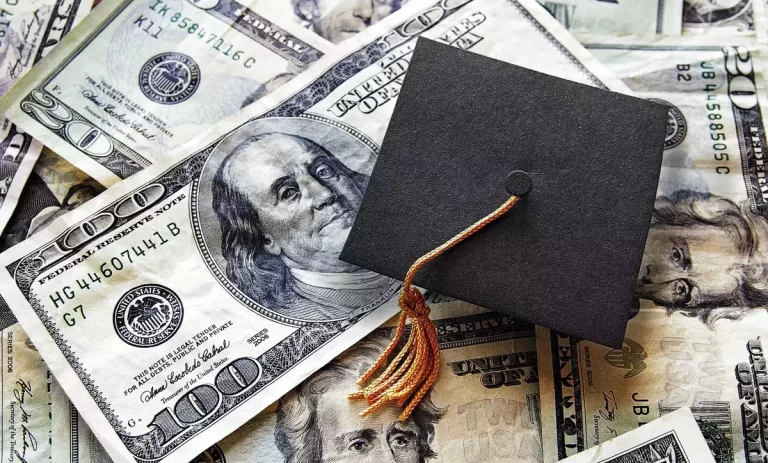
Office
Los Angeles, CA

Student loan consolidation is a process that allows borrowers with multiple loans to combine them into one. Consolidation can offer several benefits, including lower interest rates, extended repayment terms, or different loan servicing companies.
Student loan consolidation can come with some risks as well. For one, it can extend the time you owe on your loan and increase the total cost of your debt. That’s because when you consolidate two or more loans into one, you may have a more extended repayment period and end up paying more in total interest over the life of the loan, even if your interest rate has gone down. Suppose you have federal loans and consolidate them into a private loan. In that case, you could lose access to essential borrower protections like income-driven repayment plans or Public Service Loan Forgiveness programs.
Another hidden truth about student loan consolidation is that you may not be eligible for it, depending on what kind of loans you have. Private lenders typically require borrowers to have at least $7,500 in student debt to qualify for a consolidation plan. Only certain types of Federal Student Loans are eligible for consolidation.
Borrowers should also know that while consolidating their student loans can make their monthly payments simpler by combining all their debts in one place, they won’t necessarily make their payments smaller. Most lenders will base their new interest rates on an average of all the loans being consolidated together – meaning there’s no guarantee that your new rate will be much lower than what you were already paying.
It could damage your credit and impact your ability to get future loans, including a mortgage.
Although you may not have given your consent, the lender/servicer can legally take money directly out of your paycheck to repay any outstanding federal loans.
The government could withhold your tax refunds if you don’t pay your taxes. Don’t expect a large tax refund if your loans default. If you need to catch up on payments, your tax refund can be sent to your lender or servicer to help cover the cost of your federal loans.
If you are considering consolidating your loans, it’s crucial to understand how the process works and the risks associated with that decision. Talk to your lender or servicer and ensure you know what loan consolidation entails before making any decisions. Researching, understanding the facts, and exploring your options will ensure you make the best decision for your financial future.
If you need additional help with managing or paying down student loan debt, consider talking to a credit counseling service, as they may be able to provide different options and resources. The Department of Education’s Default Resolution Group provides free loan counseling services and can help you understand repayment options. With the right plan and resources, you can manage your student loan debt and secure a brighter financial future.

© InvestHealth – 2023. All Rights Reserved. Developed By CodeStar Digital.

Office
Los Angeles, CA